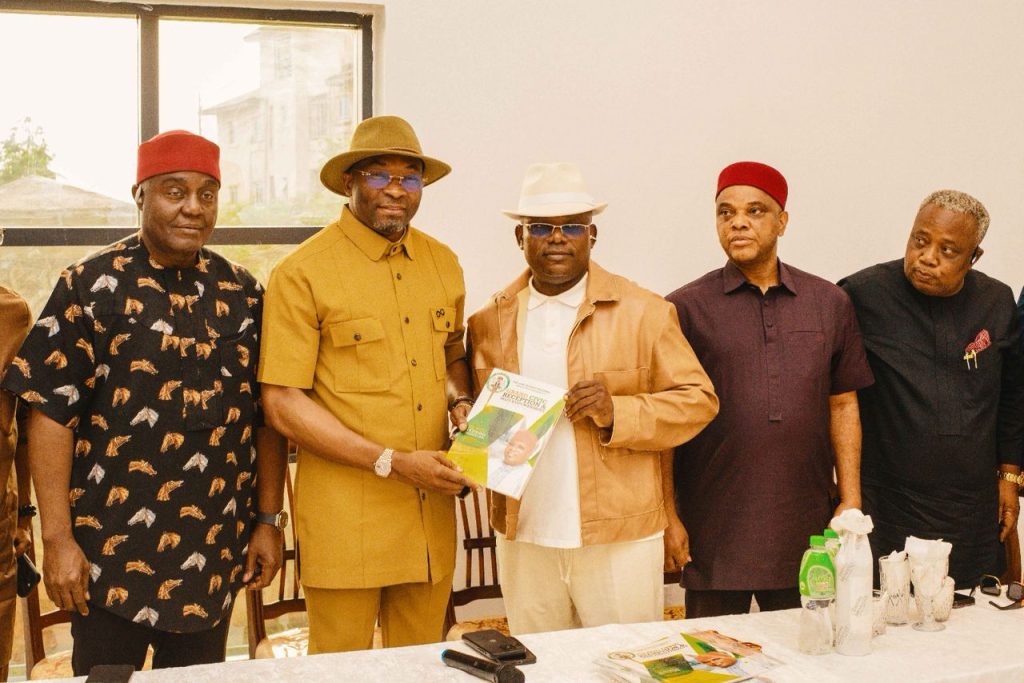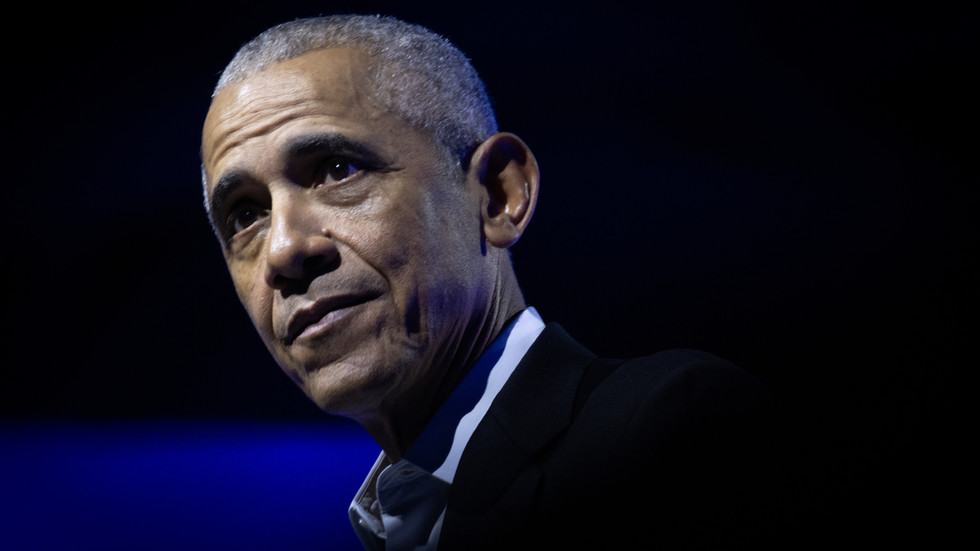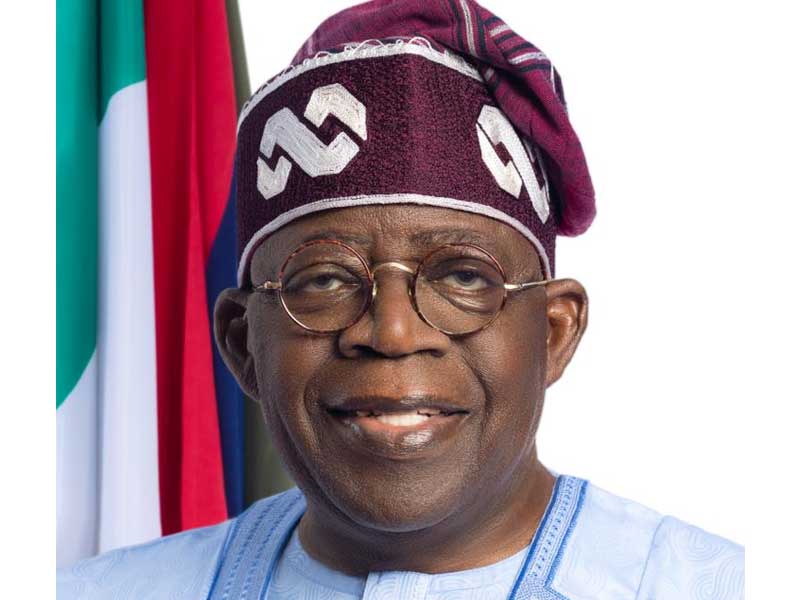The Abuja Federal High Court has ruled on the no case submission filed by Nnamdi Kanu, leader of the Indigenous People of Biafra (IPOB), in the terrorism charges brought against him by the Federal Government. According to Kanu’s Special Counsel, Aloy Ejimakor, the ruling is not a guilty pronouncement, but rather a call for the defendant to present his own defense.
Justice James Omotosho delivered the ruling on Friday, stating that the Department of State Services (DSS) had established a prima facie case against Kanu, and that he has questions to answer in the terrorism charge. This means that the court has found sufficient evidence to require Kanu to respond to the allegations.
Ejimakor clarified that the ruling is a standard procedural step, requiring the defendant to enter his defense and explain the evidence presented against him. The counsel emphasized that the ruling does not imply guilt or innocence, but rather allows the defendant to present his case.
The ruling also addressed the issue of extraordinary rendition, which refers to the alleged unlawful transfer of Kanu from Kenya to Nigeria. Ejimakor expressed concern over this aspect of the ruling, stating that the extraordinary rendition of Kanu is a well-documented and notorious incident.
The case against Kanu has garnered significant attention, both domestically and internationally. The IPOB leader has been a vocal advocate for the independence of the Biafran region, and his detention and trial have sparked widespread debate and protest.
As the case progresses, Kanu’s legal team will have the opportunity to present his defense and respond to the evidence presented against him. The outcome of the trial is likely to have significant implications for the IPOB movement and the broader political landscape in Nigeria. With the next steps in the trial expected to unfold in the coming weeks, the international community will be watching closely to see how the case develops.



